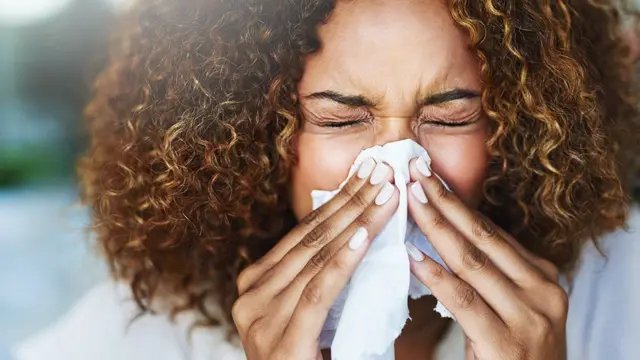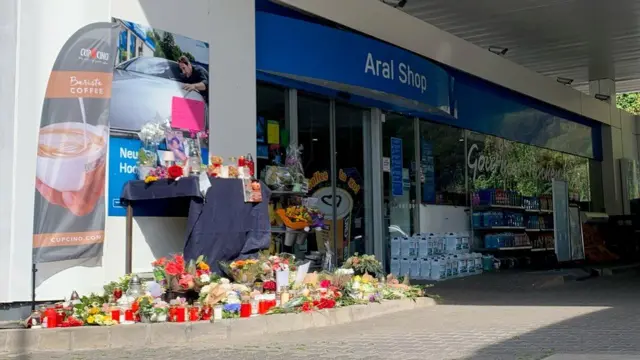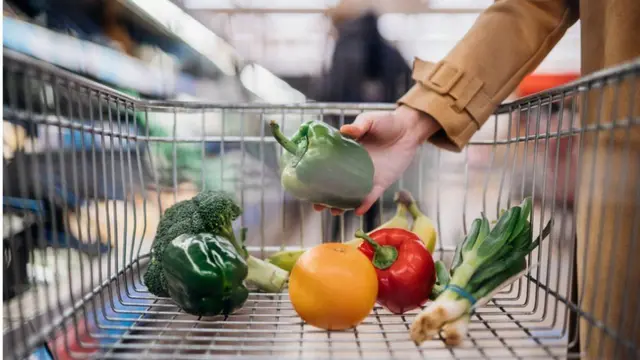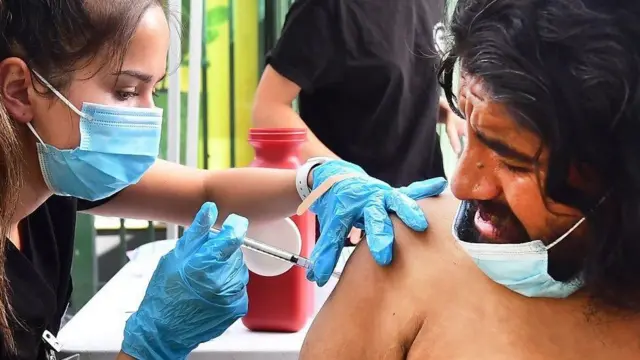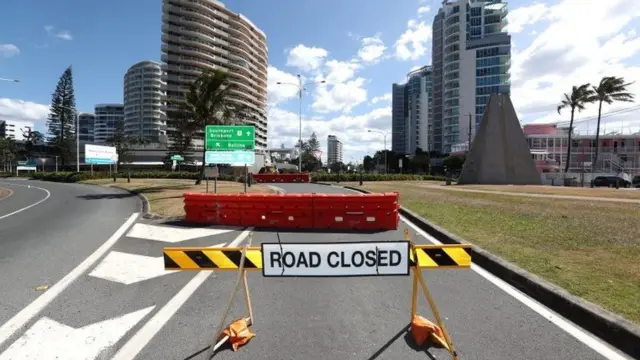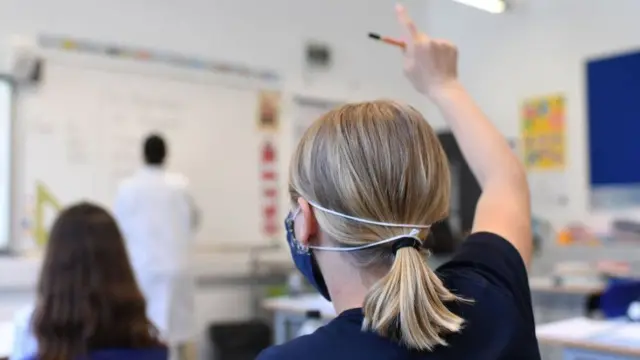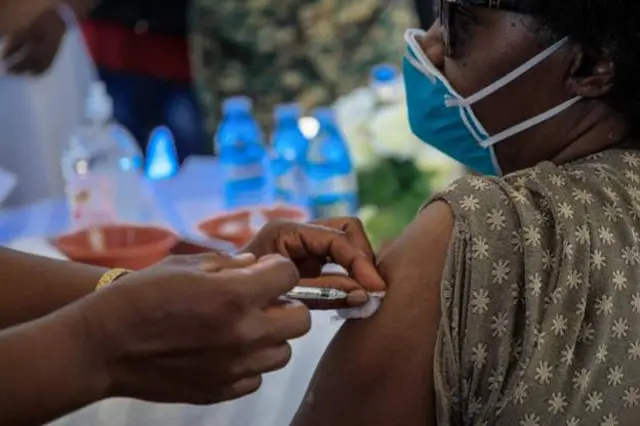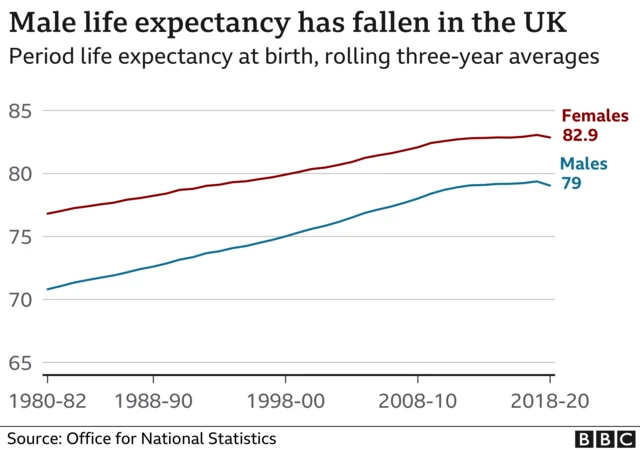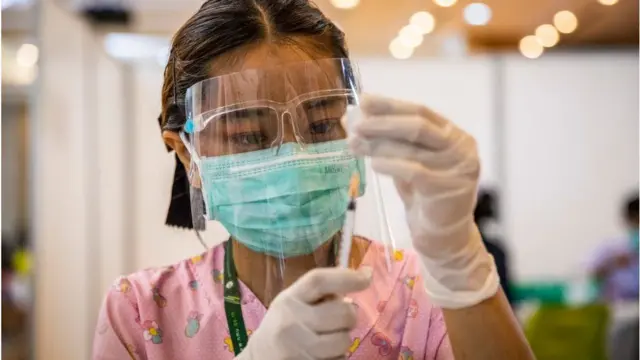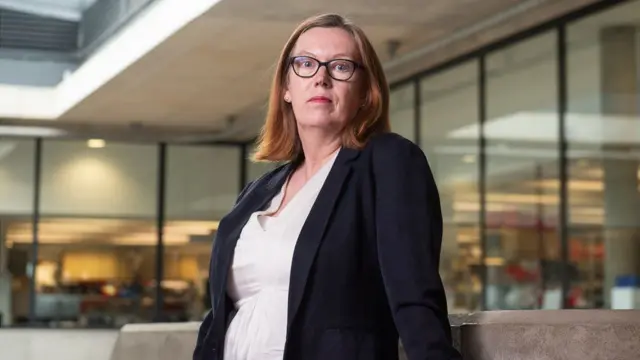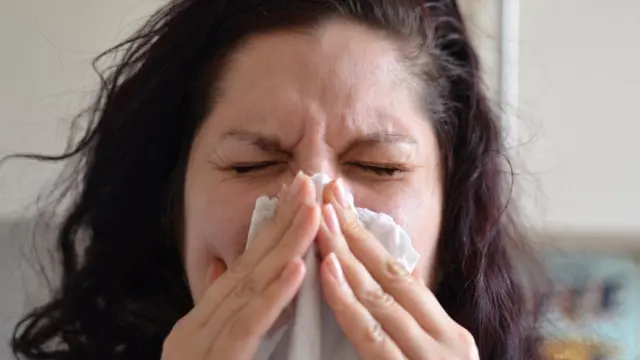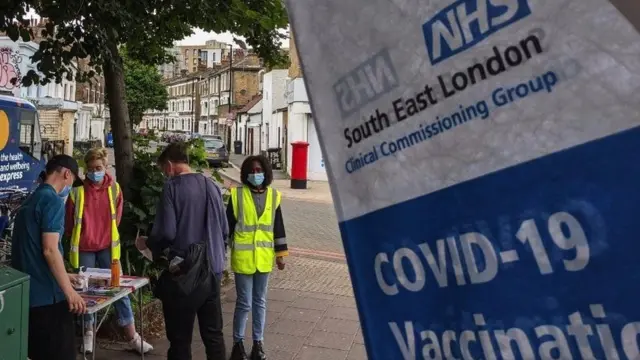What's happened so far today?published at 12:33 BST 23 September 2021
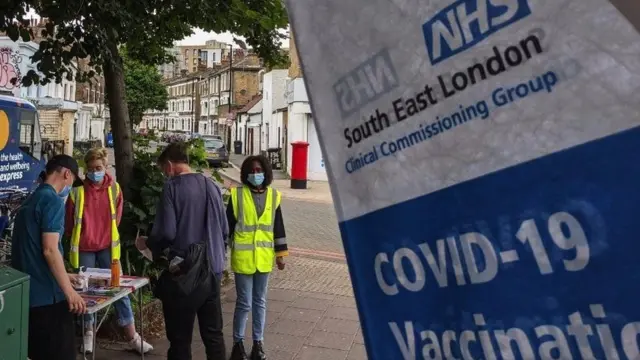
If you’re just joining us, here are some of the main coronavirus stories so far today:
- As people's immunity to Covid-19 is boosted by vaccines and exposure, the virus could resemble the common cold by spring next year, a leading expert has said
- Official estimates of life expectancy in the UK have fallen for men for the first time in 40 years. These figures are based on death rates in the last three years and so have been heavily affected by the pandemic
- People are being evicted from their homes over rent arrears built up during the pandemic, an investigation has found, despite the government saying no-one should lose their home as a result of the crisis
- Around five million people in the UK have been invited to have the Covid vaccine but have not yet had the first dose, prompting questions about how they can be persuaded
- US drug regulators have approved Pfizer booster vaccines for people over 65 if they had their last shot at least six months ago
- It comes as President Joe Biden pledged that the US would donate 500 million more doses of the Pfizer vaccine to developing nations from next year
- Uganda wants to vaccinate at least six million people against Covid - more than 10% of its population - by the end of the year before schools can re-open
- A seven-day lockdown in New South Wales was triggered after a makeup artist on I'm a Celebrity... Get Me Out of Here! contracted Covid-19 and allegedly visited a number of establishments in New South Wales without checking in or using a QR code
